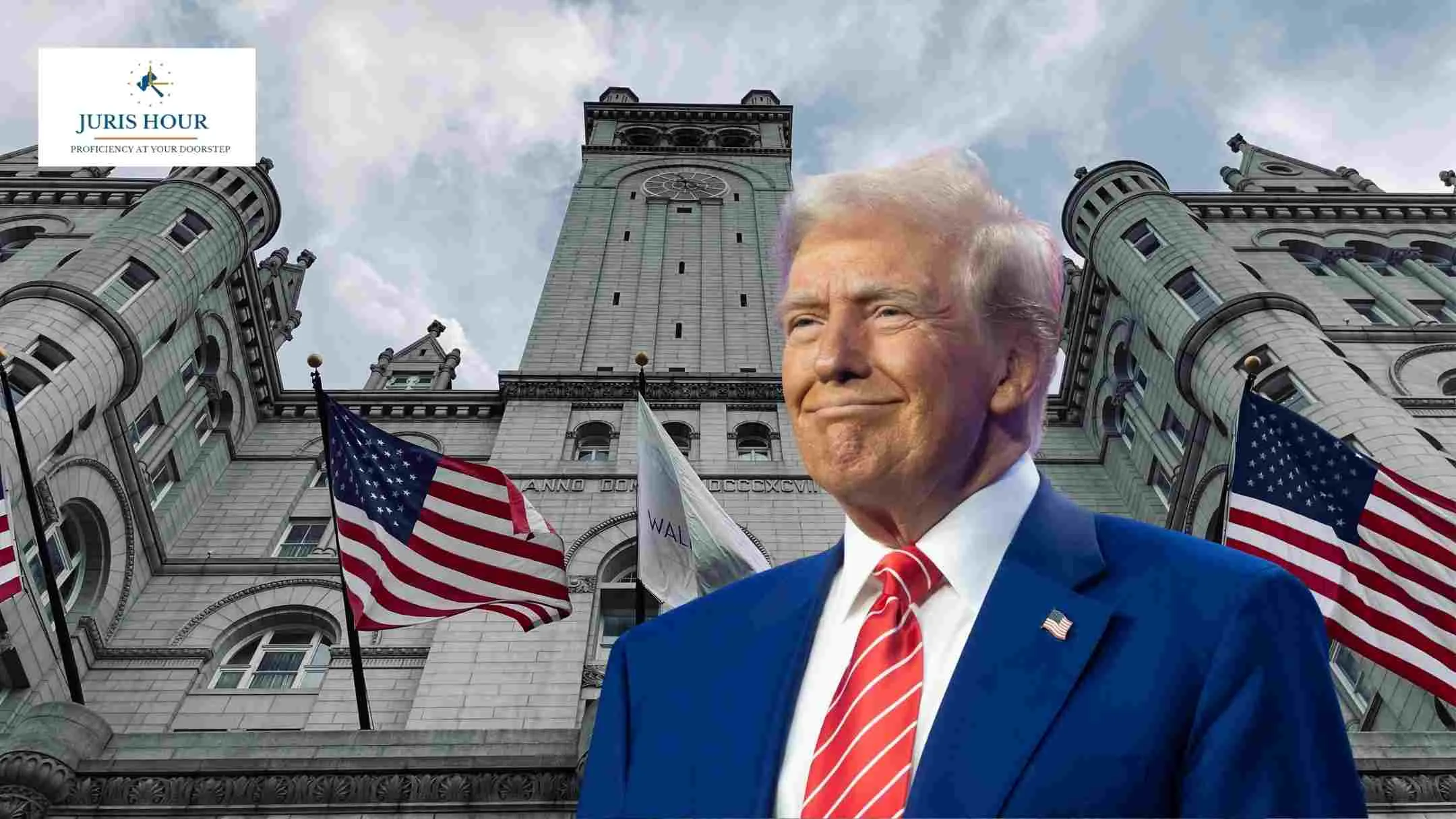In a stark departure from traditional U.S. policy, President Donald Trump’s preference for tariffs over sanctions as his primary economic weapon has stirred both fierce debate and global uncertainty. Critics have branded it the “world’s worst bet,” while supporters see it as a flexible tool that aligns with Trump’s “America First” agenda and gives the United States a sharp edge in global negotiations.
Tariffs, essentially taxes on imports, are designed to protect domestic industries and reduce trade deficits. Sanctions, in contrast, are punitive measures aimed at influencing or penalizing foreign governments. Yet, under Trump’s second term, these lines are becoming increasingly blurred.
Since his return to office in January, Trump has issued a flurry of tariff threats, targeting allies and adversaries alike. These sudden moves — dubbed the “tariff tango” — often involve bold declarations of steep import duties followed by quick reversals, creating instability in global markets and anxiety among U.S. businesses.
The administration’s aggressive stance against China culminated in a dramatic tariff hike in April, when duties soared to 145%, only to be slashed the next month following trade negotiations in London. This erratic pattern reflects Trump’s use of tariffs not just for trade disputes, but also to exert pressure on countries over issues unrelated to commerce.
“Tariffs allow Trump to act quickly and independently,” said Sophia Busch, Associate Director at the Atlantic Council’s Geoeconomic Center. “They offer immediate leverage without the complexity of sanctions, which often require legal frameworks and international coordination.”
Unlike sanctions, which shut out markets, tariffs maintain trade flow — albeit at a cost. And while they have been criticized for fueling inflation, they’ve also bolstered U.S. revenues. In the first half of 2025, tariff income surged 110% to $97.3 billion, with projections suggesting a rise to $360 billion by year-end, according to the Urban-Brookings Tax Policy Center.
Trump’s approach is rooted in historical grievance, particularly the 1980s rise of Japanese automakers. “He views trade as a zero-sum game,” said Jennifer Burns, a Stanford University historian. “He believes America was too generous in the past and wants to correct that.”
This strategy is now being used far beyond trade. For instance, Colombia was threatened with tariffs after it refused U.S. deportation flights. The European Union faced levies in response to climate and privacy regulations. Even Brazil came under fire when Trump proposed a 50% tariff, linking it to the prosecution of his ally, former President Jair Bolsonaro, who is facing trial for allegedly plotting a coup.
Such moves indicate that Trump is increasingly using tariffs as substitutes for sanctions. Burns warns this could undermine global stability. “Historically, high tariffs have been associated with de-globalization and even conflict,” she said. “If open markets promote peace, what happens when we move away from that?”
While past administrations leaned on sanctions to discipline adversaries like Russia, Iran, and North Korea, Trump’s tactics are now targeting key trade partners. This includes introducing what he terms “secondary tariffs” — punitive import taxes of up to 500% on countries that continue energy trade with Russia or Venezuela.
Trump recently expressed support for a bipartisan Senate bill — the Sanctioning Russia Act of 2025 — which proposes sweeping penalties against Russian officials and energy exports. While the bill primarily introduces sanctions, Trump has framed it in tariff terms, suggesting massive import duties on nations defying U.S. policy.
“These ‘secondary tariffs’ effectively serve the same purpose as sanctions,” said Busch. “They aim to isolate bad actors and force alignment with U.S. geopolitical goals, but they risk straining alliances and disrupting global supply chains.”
Analysts say the cumulative effect of unpredictable tariff policy could be long-lasting. “Years of tariff uncertainty may cause businesses and investors to delay decisions, leading to a serious economic slowdown,” warned Burns.
As Trump continues to retool U.S. foreign policy using tariffs as his instrument of choice, the world watches closely — wary of both the economic impact and the broader consequences for international order.

